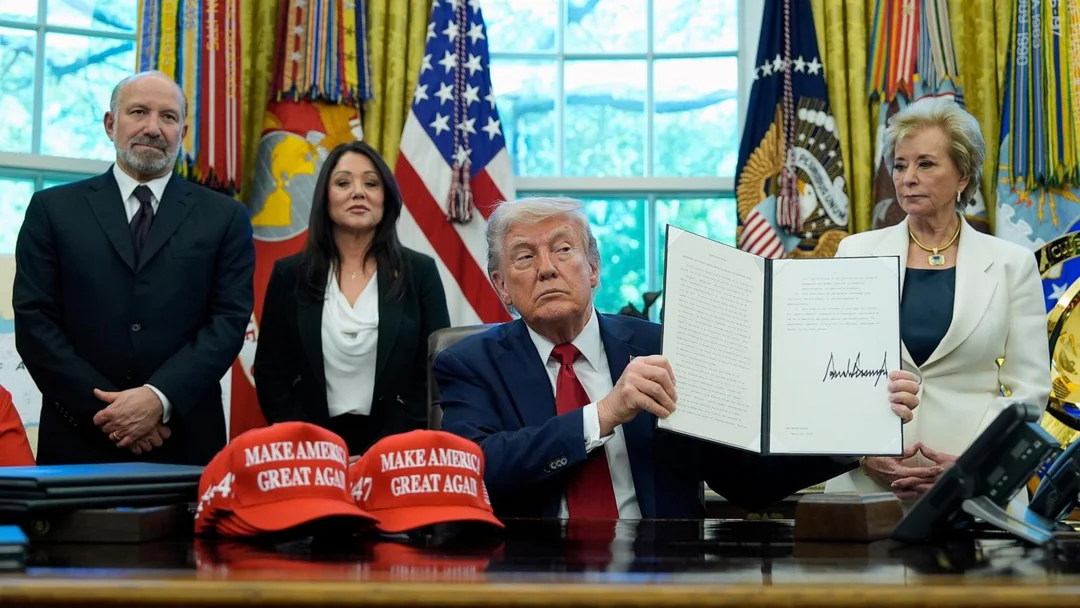
Are School Diversity Programs on the Brink? States Launch Major Legal Battle
In a bold stand against federal overreach, several U.S. states are challenging the Trump administration's aggressive push to dismantle diversity, equity, and inclusion (DEI) initiatives in public schools. At stake are billions in federal funding and the future of educational equality, raising questions about civil rights and government authority.
The controversy erupted when the Trump administration demanded that schools eliminate DEI programs or face the loss of crucial federal funds. California Attorney General Rob Bonta, leading a coalition of states, filed a lawsuit accusing the administration of misusing civil rights laws to coerce states into abandoning these efforts. Bonta stated, "The federal Department of Education is not trying to 'combat' discrimination; instead, it is using our nation’s foundational civil rights law as a pretext." This lawsuit, joined by attorneys general from states like Illinois, New York, and Minnesota, claims that the administration's vague directives put over $18.7 billion in education funding at risk, including $7.9 billion for California alone.

Federal judges have already intervened, providing temporary relief. In New Hampshire, Judge Landya B. McCafferty blocked the administration's order, criticizing its lack of a clear definition for DEI and potential infringement on free speech. Similarly, judges in Maryland and Washington, D.C., paused enforcement, with one Trump-appointed judge noting the policy's "no clear boundaries." These rulings underscore a growing judicial skepticism toward the administration's approach, which argues that DEI initiatives amount to illegal discrimination based on a broad interpretation of the Civil Rights Act.
Comparisons between the states' arguments and the administration's defense reveal a deep divide. States contend that DEI programs promote inclusivity and address historical inequities, as supported by California's Department of Education, which affirmed that no laws ban these concepts. In contrast, officials like Craig Trainor, acting assistant secretary for civil rights, maintain that federal funding is a "privilege" tied to antidiscrimination compliance. This clash highlights broader cultural wars, where undefined terms like "illegal DEI" could stifle efforts to support marginalized students, such as targeted counseling for Black boys or lessons on structural racism.
The lawsuits build on prior actions by teachers' unions and civil liberties groups, which have seen early successes. Bonta emphasized the administration's "perverted and distorted view" of civil rights laws, pointing to a pattern of executive overreach. As cases progress, the potential Supreme Court involvement looms, with experts like Edward Blum suggesting it could set precedents for K-12 education nationwide.
Ultimately, this battle is about more than funding—it's about ensuring equal opportunities in education. Will these legal challenges safeguard DEI programs, or will federal pressures prevail? As debates intensify, the implications for students across the country are profound.
In conclusion, this conflict underscores the tension between federal authority and state autonomy in promoting diversity. What do you think—should DEI initiatives be protected, or do they risk overstepping legal bounds? Share your views in the comments and help shape the conversation on educational equity.